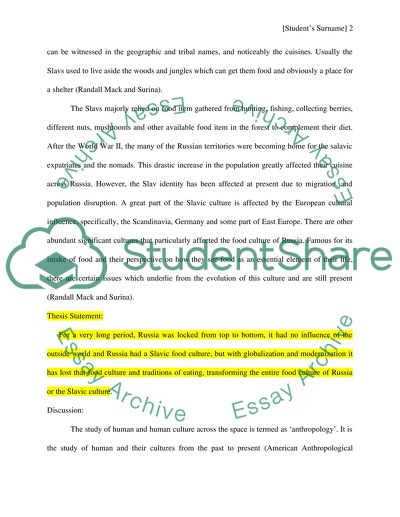Cite this document
(“The anthropology of food and meaning in Slav cultures Research Paper”, n.d.)
The anthropology of food and meaning in Slav cultures Research Paper. Retrieved from https://studentshare.org/anthropology/1476516-the-anthropology-of-food-and-meaning-in-slav
The anthropology of food and meaning in Slav cultures Research Paper. Retrieved from https://studentshare.org/anthropology/1476516-the-anthropology-of-food-and-meaning-in-slav
(The Anthropology of Food and Meaning in Slav Cultures Research Paper)
The Anthropology of Food and Meaning in Slav Cultures Research Paper. https://studentshare.org/anthropology/1476516-the-anthropology-of-food-and-meaning-in-slav.
The Anthropology of Food and Meaning in Slav Cultures Research Paper. https://studentshare.org/anthropology/1476516-the-anthropology-of-food-and-meaning-in-slav.
“The Anthropology of Food and Meaning in Slav Cultures Research Paper”, n.d. https://studentshare.org/anthropology/1476516-the-anthropology-of-food-and-meaning-in-slav.


